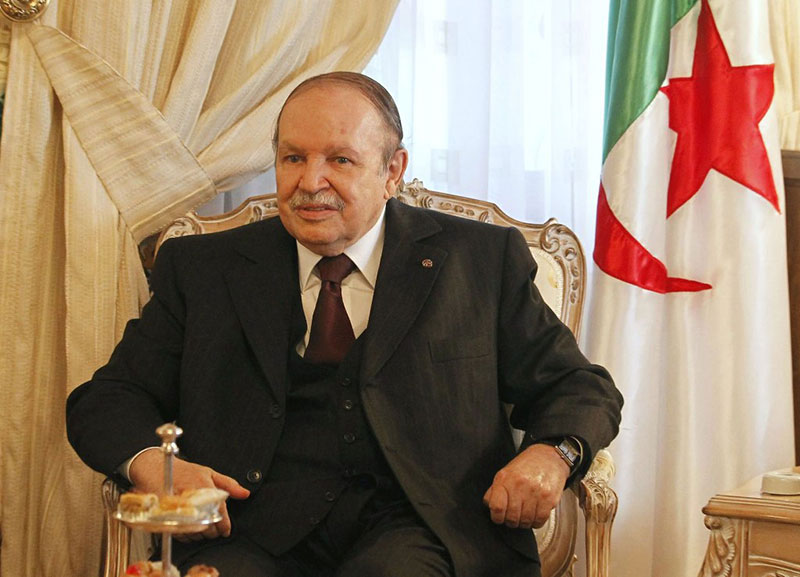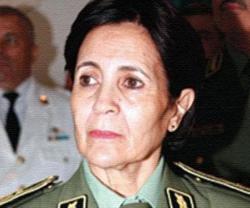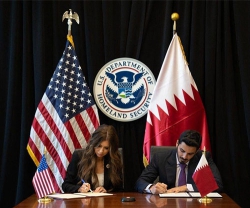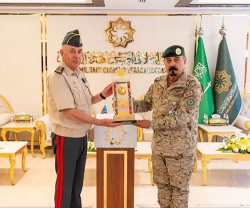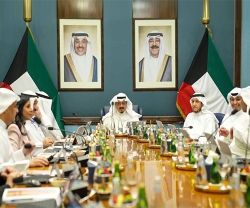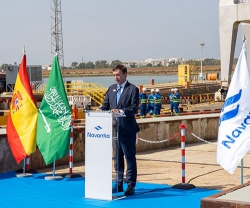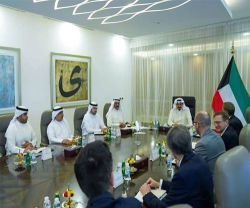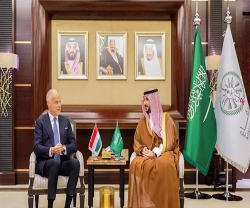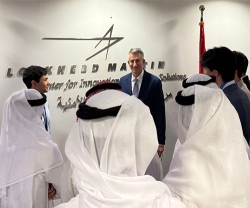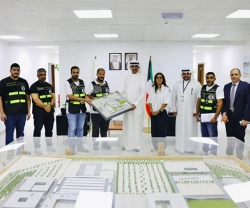Algerian President Abdelaziz Bouteflika ordered his government on Sunday to face the ongoing security, diplomatic and humanitarian situation in the region.
In a statement issued after a meeting he chaired with senior government officials, Bouteflika said: “The meeting has culminated in presidential orders concerning mainly the security, diplomatic and humanitarian situations which will enable our country to face them while respecting the state’s fundamental principles and preserve its national interests.”
No details were given regarding how the government will move to address the situation in the region.
The meeting comes two days after an attack against a gas plant in the south of the country. Al-Qaeda in the Islamic Maghreb claimed responsibility for the violence.
Security sources said the group responsible for the attack had infiltrated across the borders from Mali.
Algeria is surrounded by several countries experiencing political and security unrest mainly Libya, with which its shares nearly 1,000km of land border.
Algeria has repeatedly expressed its opposition for foreign military intervention in the country and called to support political reconciliation between the parties there.
Meanwhile, France’s Foreign Minister traveled to Tunisia on Thursday to firm up security and economic ties as Tunis struggles with rising Islamist militancy fueled by Islamic State's growth in neighboring Libya.
With its new constitution, free elections and secular history, France's former North African colony has been a target for jihadists looking to upset the young democracy just five years after the overthrow of autocrat Zine El-Abidine Ben Ali.
About 50 militants stormed through Ben Guerdan on the Libyan border on March 9, assaulting army and police posts. That attack reinforced fears that violence is spilling over from Libya, where Islamic State has expanded amid widespread turmoil as two rival governments battle for control.
The clash came after three major militant attacks in 2015, including on at the famous Bardo Museum in Tunis, which officials say were carried out by militants trained in Libya.
More than 3,000 Tunisians have left to fight for Islamic State and other jihadist groups in Syria and Iraq. Security officials say Tunisians are taking more and more command positions in Islamic State in Libya.
In terms of security, Paris is providing intelligence for Tunisia’s Special Forces and implementing a 20 million-Euro package aimed at equipping them.
Several dozen French military advisers are also on the ground training them and studying how to boost the number of Special Forces. However, unlike Britain, Paris is not planning to send advisers to help Tunisians stop border infiltration.
Key to France's support is a 1 billion euro ($1.1 billion) aid package over 5 years to help Tunisia develop poor regions, stimulate job creation - especially for the youth - and modernize Tunisia’s administration, a major hurdle to the disbursement of international aid.

